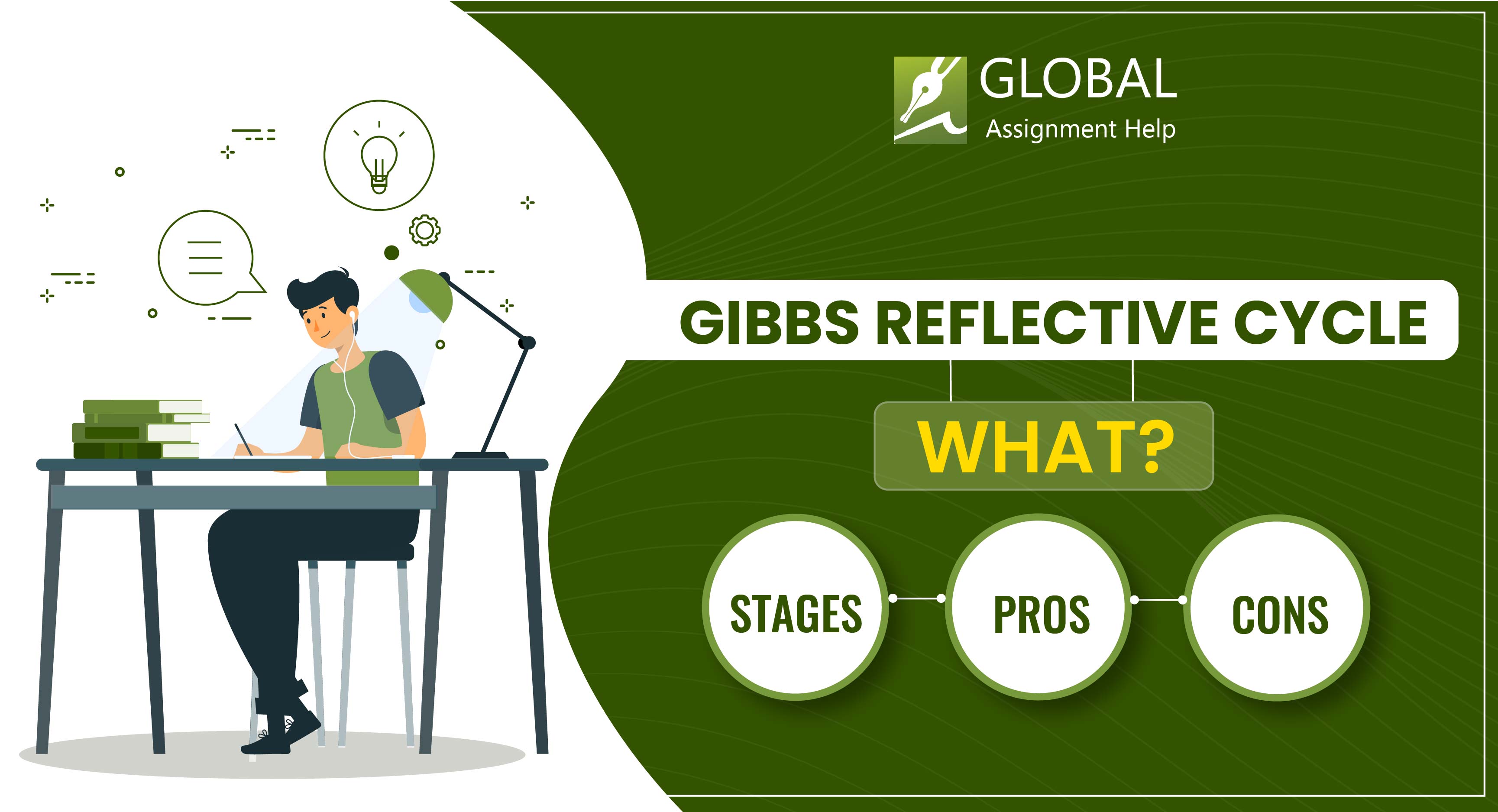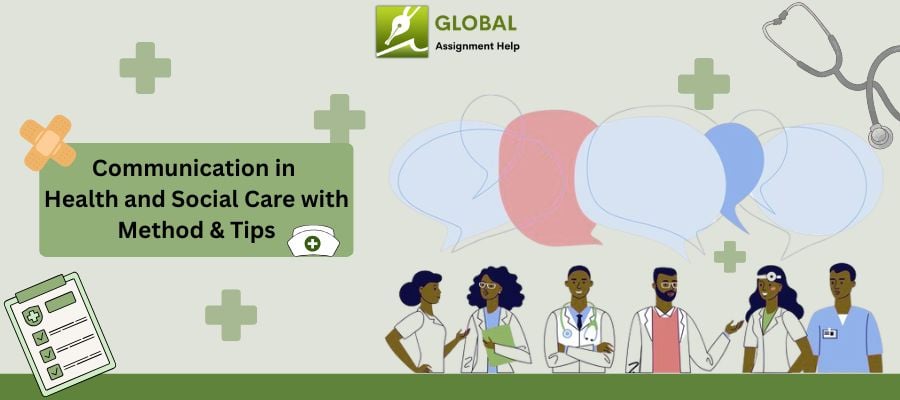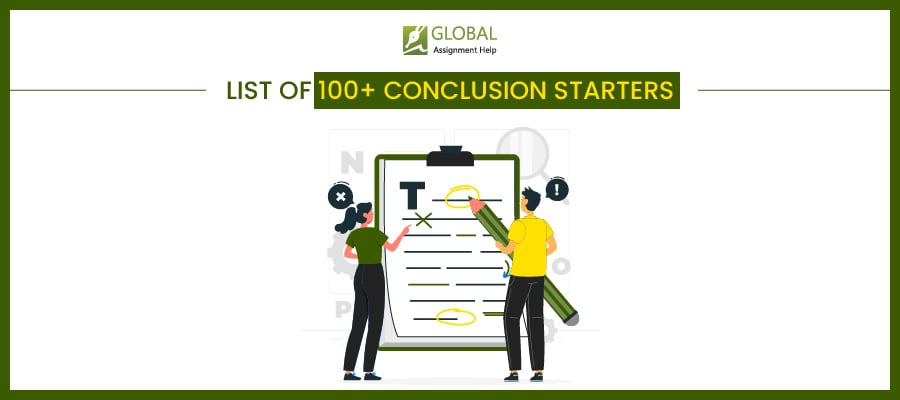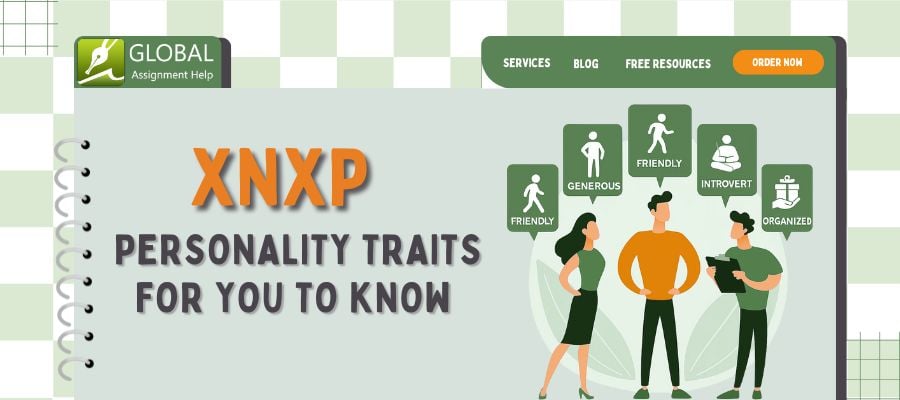Table of Contents
- What Is Gibbs' Reflective Cycle?
- How Did Gibbs' Reflective Model Originate?
- Different Stages of Gibbs' Cycle of Reflection
- Examples of the Reflective Model in Practice
- Advantages & Disadvantages of Gibbs’ Reflective Model
- Application of Gibbs' Reflective Cycle in Real-World Scenarios
- Still Doubting Over Gibbs' Cycle? Let Us Help You
Students often wonder how they can do well in writing their academic papers. Even after trying so hard, they could not craft a good paper, especially when the subject is nursing, as one has to evaluate a lot of things to reach one's final results. To make things easy, the best you can do is try Gibbs' reflective cycle.
We know many of you may not be aware of this, which is why we have come up with this blog. Here, you will get an idea of most things about Gibbs' model of reflection and how you can apply it to your writing. So, without wasting any more time, let’s jump into our first section.
What Is Gibbs' Reflective Cycle?
It is a structured method that helps people to analyze any situation and, based on that, create a conclusion. There are 6 stages of Gibbs' cycle, which you can use step by step to examine a certain event. Through this, you can grow in your professional and personal life as well. Moreover, scholars can better understand their patient's situation when using the Gibbs reflective cycle in nursing.
When using Gibbs's reflective model, you will gain better learning skills that you can use in different situations.
So, this is all about the cycle. In the upcoming section, you will learn where it originated.
You can also check out our blog on Kolb’s reflective cycle.
How Did Gibbs' Reflective Model Originate?
Gibbs’ reflective model originated in 1988 by Graham Gibbs. He introduced this cycle in his book "Learning by Doing." He published this book to assist people in learning from the events and situations they face regularly. Using it regularly can make you aware of how to deal with challenging situations. Nowadays, nursing students use the Gibbs reflective cycle 1988. They have to manage a lot of critical situations and even prepare papers based on them. However, they also get nursing assignment help from our experts to clarify their concepts. You can also hire them if you need help understanding the Gibbs cycle.
Further, we will also provide an example of Gibbs’ reflective cycle so that you can better understand it. However, before that, you need to discover its various stages, so move to that.
Different Stages of Gibbs' Cycle of Reflection
Professor Graham Gibbs divides this cycle into six stages. These stages help us understand how the Gibbs cycle works more clearly. So, if you are also curious about Gibbs’ model of reflection, then these stages can help you.

Stage 1: Description
The first stage in Gibbs's reflective model is “Description.” Here, you get an opportunity to describe your experience of the event. Simply put, you provide background data on what happened when it happened, and who the people involved were. Doing this can help people to understand the situation well. So, your experimental learning can be enhanced through this.
Let's understand this more accurately here:
- What Happened?
Here you have to address the factual information of the event.
- Why Did It Happen?
In this, you will explain the prime reason why any specific situation happened.
- Who Was Present?
You also need to describe the people involved in the event.
By answering the above questions, you can describe the main situation using the Gibbs Cycle. In nursing, answering these questions can be really helpful in understanding any event. If you still need help, you can refer to the examples of the Gibbs model of reflection we will discuss in the next section.
Stage 2: Feelings
The second stage of Gibbs' reflective cycle 1988 is the description of what you felt during an event. For critical reflection, you have to describe all thoughts that run in your mind and answer the following questions.
- What Did You Feel?
You have to highlight your feelings about a certain situation.
- Why Did You Feel This Way?
You also need to explain why you felt a certain way during the event.
- How Did External Factors Impact Your Feelings?
In this, you have to explain whether the environment or people around you affected your feelings positively or negatively.
Answering the above questions will make your reader understand your emotional feelings about the situation.
Stage 3: Evaluation
This situation allows you to examine what works for you and what doesn't. So, you evaluate the points in terms of good or bad. You can answer the questions below during this phase.
- What Went Well?
You need to explain all the positive outcomes.
- What Didn’t Went Well?
It will provide details of all the negative outcomes.
- What Was Your Contribution?
You also need to highlight what you contributed to the event.
- What Did Others Contribute?
While your contribution, you must also describe other people's actions on it.
By answering all the listed questions here, you will identify the event problems and analyze them better.
You should also read our blog: Rolfe's Reflective Model.
Stage 4: Analysis
In this stage, you sense the entire situation correctly and understand what went well and what did not. So, during the study of the Gibbs model, this stage is extremely essential. Now, let's know the questions you need to answer here.
- Why Did Things Not Went Well?
In this scenario, you will explain the reason behind the failure of the situation.
- What Things Went Well?
Here, you will define the reason behind the success of the event.
By analyzing and answering the above question, you clearly understand the situation.
Stage 5: Conclusion
Once you analyze the entire situation, you can conclude it in your own words. So, here, you can ask these questions:
- What Did You Learn?
You need to highlight what you learned here.
- What Else You Could Have Done to Handle the Situation?
You also need to answer what other things you could have opted to handle the event.
So, in this section of Gibbs’ reflective cycle stage, you must answer these questions.
Stage 6: Action Plan
In the last section, you have to plan to handle similar events in the future. So, you develop different skills to deal with various situations and answer these questions:
- How Will You Handle the Same Situation?
Here, you will define the skills you gained, and you will apply them to deal with a similar event soon.
So, after answering the above questions, now is the time to see Gibbs’ model of reflection examples.
Examples of the Reflective Model in Practice
Learning through the examples is always a good idea. That is why, in this section, we will provide you a Gibbs reflective model example with the stages, so that you will understand the concept better.
Description: I was in my third year of college when my group and I had to complete a lengthy project. So, we decided to divide the task into small sections, as it would be easier to handle it better. Hence, we divided different responsibilities among the group members. However, due to unforeseen circumstances, two members had to cancel the plan, raising concerns.
Feelings: When the two members had to cancel the plan, I was shocked and irritated at the same time. It was because the deadline was near, and I thought we would deliver our project on time. So, now I have to push my efforts and feel motivated to complete my project. Although I was feeling demotivated and frustrated to complete it on time, I had to feel motivated, which I did.
Evaluation: When the two members canceled their participation in the project, we had to work double to meet all the requirements. So, every other member pushed themselves and tried hard to finish the project on time. But not everyone was capable of it, and because of them, we missed the deadline.
Analysis: After finishing the project, I spoke to my members and analyzed where we lagged. I could have done better planning and helped my team. Only then might we have done it better.
Conclusion: In the end, I realized that we should divide the task by seeing what each member is good at. After this, they will put their best effort into their assigned task.
Action Plan: I have watched a lot of things and realized that if in the future we have to complete any task, then we will plan according to the members. Also, applying different new approaches might help to finish the project much better.
So, we hope that by checking the Gibbs model of reflection example, you are clear on how you can apply it while completing your task. Moreover, while using it has pros, there are also cons, which we will define in the next part.
Students Also Like to Read: Schon’s Reflective Model| Learn its Origin and Application
Advantages & Disadvantages of Gibbs’ Reflective Model
The Graham Gibbs reflective cycle has certain advantages and disadvantages, which we will discuss in the points below.
Pros of Gibbs Model of Reflection
- The Gibbs model of reflection is easy to understand and use.
- Through this, you learn a lot of things with time.
- You come across the right result by using this model.
Cons of Gibbs Cycle of Reflection
- There is no involvement of critical thinking.
- A beginner might need help while applying it.
- It takes a reactive approach rather than a proactive one.
So, these are some of the advantages and disadvantages of using the Graham Gibbs model.
However, you can also apply the Brookfield reflective model as a framework for your work.
Application of Gibbs' Reflective Cycle in Real-World Scenarios
This model's flexibility makes it widely used in different real-life scenarios, from professional to personal situations.
For example, many nursing students apply this model to analyze situations and reflect on their clinical experiences. It helps them to make better conclusions and understand the term.
On the other hand, people in different companies use it when their projects don't meet their expectations. Through this Gibbs reflective cycle, they identify areas for improvement and plan strategies to achieve the results.
Still Doubting Over Gibbs' Cycle? Let Us Help You
By reading our blog, you have understood what is Gibbs's reflective cycle. So, if you are a nursing student, then next time, you can use this cycle to write your assignments or understand any situation. Still, if you need more assistance, Global Assignment Help is the right platform to choose. Our expert team can assist you with writing the best academic papers. We have assisted students for over a decade, and students trust us with our service. Whether it is Gibbs's cycle of reflection or any other topic, you can rely on us to get better clarity.
You May also like to Read- How to Write Reflection Paper
Free Tools

Easy to Use Paraphrasing Tool to Simplify Complex Academic Writing
Check Now
Get Structured Outline by Professionals for Your Dissertation
Check Now
Effortlessly manage citations and references with our smart referencing tool
Check NowPrice Calculator
- Plagiarism
- Pricing
- Order Now
- Call Back
- Live Chat

Limited Time Offer
Exclusive Library Membership + Free 300$ Wallet Balance

Get $300 Now
Update your Number





























Thank you for submitting your comment on this blog. It is under approval. We will carefully review your submission and post it on the website.